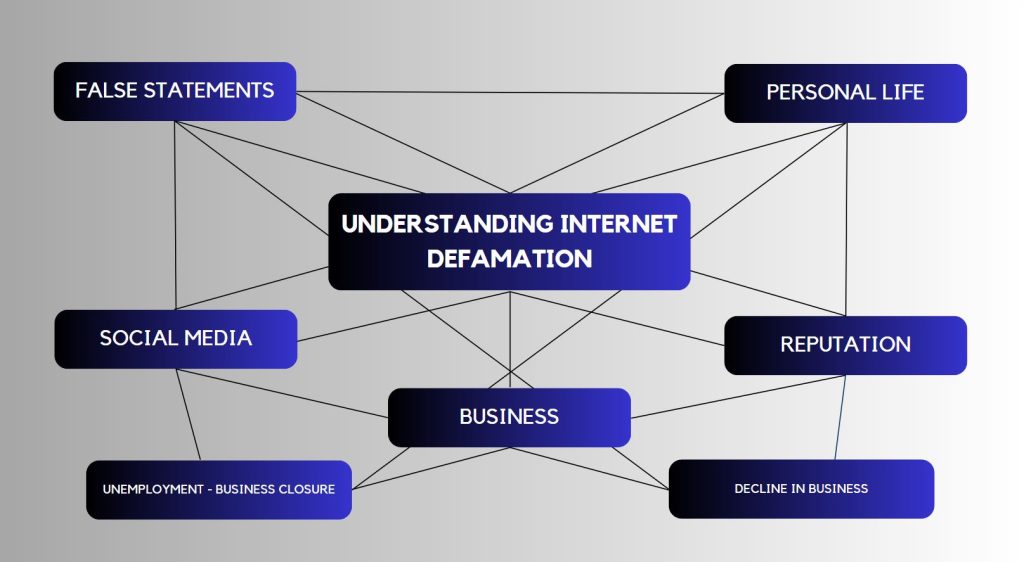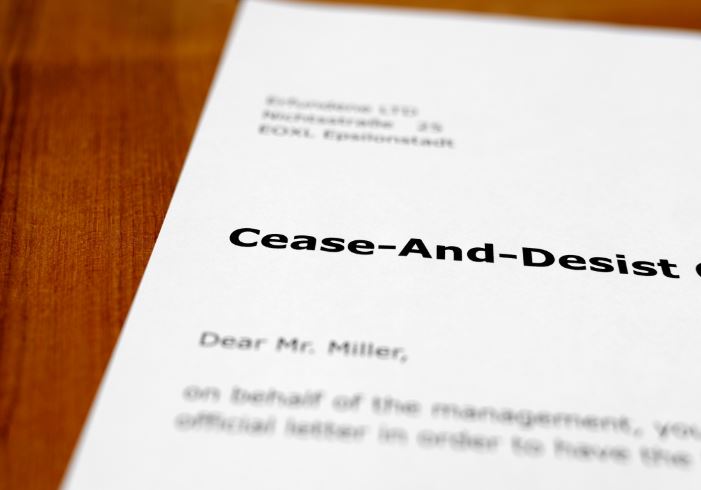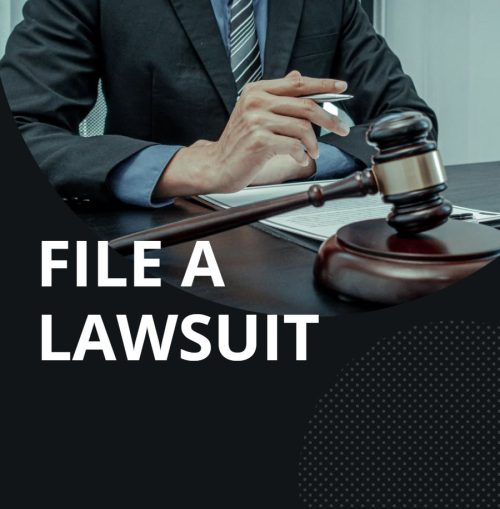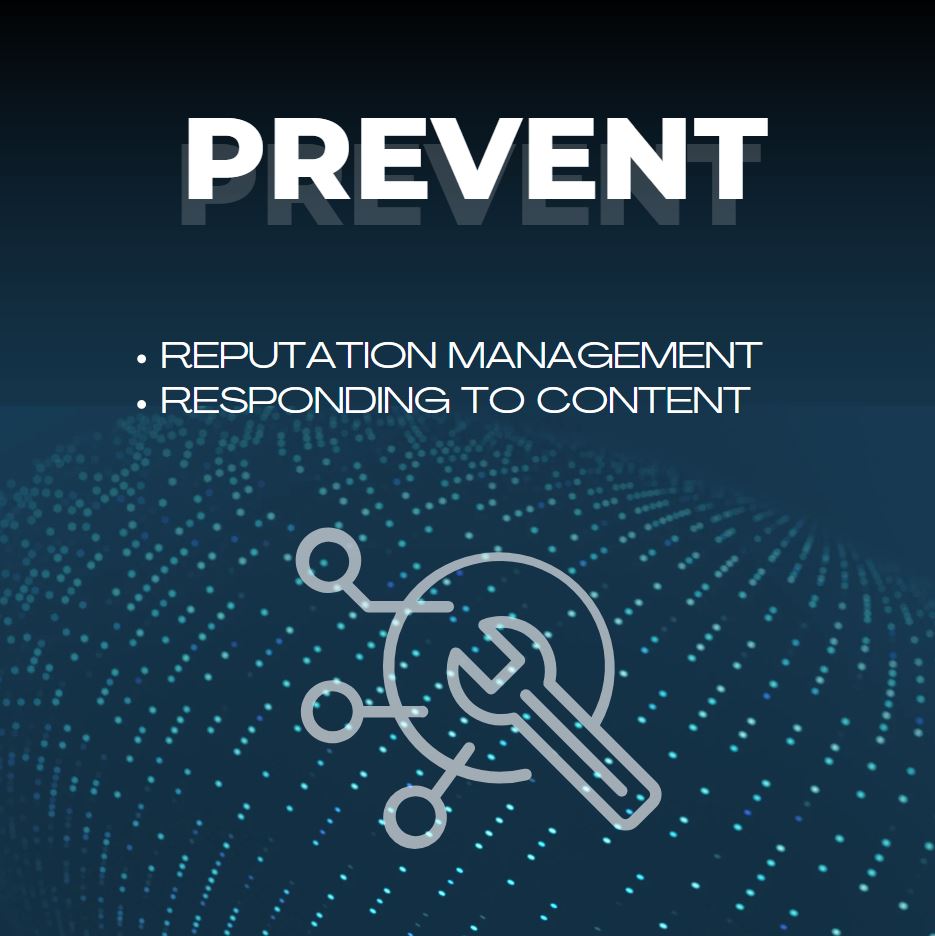Investigating Internet Defamation: Tips and Tools for Social Media Investigations
In today’s digital world, internet defamation has become a growing concern. False and damaging statements made online can tarnish reputations, break relationships, and even lead to legal battles. Social media platforms have become fertile ground for the rapid spread of defamatory content, making it crucial for individuals and businesses to stay vigilant and protect their online reputation. But how can one navigate the complexities of social media investigations and navigate the legal landscape surrounding internet defamation?
We dive into the world of internet defamation, providing insights into the types of defamatory statements, the role of social media platforms, the benefits of employing private investigators, and the tools and techniques they use in social media investigations. Read on to learn about legal remedies available for internet defamation and strategies to prevent it.
Understanding Internet Defamation

Internet defamation occurs when false and damaging statements are made online, especially through social media accounts, impacting an individual’s or business’s reputation. The consequences of such statements can be far-reaching, as they can quickly spread and gain traction on social media platforms, leading to a snowball effect that can cause significant harm to those targeted.
Defamatory statements come in various forms, such as photos, statutes, and posts used to establish character. Private investigators may utilize metadata from photos and posts to ascertain location and perform photo analysis to collect pertinent information for the case.
Social media investigations may be conducted using social media investigation tools to acquire evidence of neglect or abuse, illegal activities, or evidence that substantiates the parent’s morality, conduct, and care for their child.
Defining Defamation
Defamation is the act of making false statements about an individual that damage their reputation. Defamation can take two forms: libel (in writing) and slander (orally).
Social media posts can be a common source of both libel and slander, depending on the content and context of the post. Potential legal ramifications of defamation may include damages, injunctions, and other remedies.
Types of Defamatory Statements
Defamatory statements can include:
- Libel
- Slander
- False accusations
- Misrepresentation
- Innuendo
- Character assassination
- Falsehoods
These statements can lead to court cases if the affected party decides to pursue legal action. In some cases, defamation can even lead to criminal trials, depending on the severity and nature of the false statements.
Social media platforms, as well as social media sites and their associated social media accounts, are rife with opportunities for defamation to occur. Some examples include:
- Posts and photos containing illegal activities
- Racist, sexist, or other offensive content
- Jobs that are inconsistent with a person’s education and work experience
These are all potential sources of internet defamation and can be used as social media evidence.
Impact on Reputation
Defamation can have a considerable effect on an individual’s reputation, damaging their image and creating an impression of unreliability or lack of capability. The rapid dissemination of defamatory comments through social media platforms can lead to damage in personal and professional relationships.
The potential repercussions on reputation may include a decline in business, strained relationships, and emotional turmoil, making risk assessment crucial in avoiding these outcomes.
Social Media Platforms and Defamation

Social media platforms are common venues for defamation, as they allow for rapid spread and amplification of defamatory content. With billions of users worldwide, these platforms can exacerbate the damage caused by defamatory statements, making it challenging for affected individuals and businesses to contain the impact and protect their reputation.
Defamatory statements made on social media platforms can disseminate rapidly and reach a large viewership, intensifying the harm caused. As a result, it becomes essential for individuals and businesses to monitor their online presence and promptly address any defamatory content that appears on social media platforms.
Common Platforms for Defamation

The most prevalent platforms for defamation include:
- TikTok
- YouTube
Failing to monitor social media for defamation can have a detrimental effect on an individual’s reputation and may even result in legal action.
Strategies for avoiding defamation on social media include:
- Refraining from posting inflammatory or offensive content
- Abstaining from online arguments
- Being cognizant of the potential repercussions of posting defamatory content
Virality and Amplification

Virality and amplification are terms used to describe the rapid circulation of defamatory material through shares, likes, and comments. Unsubstantiated and injurious claims can be distributed and magnified quickly, resulting in a ‘snowball’ effect within a short period.
Defamation published online is more likely to spread quickly than defamation published elsewhere, potentially causing considerable damage to an individual’s reputation. To impede the rapid dissemination of defamatory content, one could consider monitoring and promptly responding to such content, utilizing online reputation management techniques, and filing cease and desist letters or legal action.
Employing a Private Investigator for Internet Defamation Cases

Hiring a private investigator for internet defamation cases ensures expertise, experience, and ethical conduct in gathering evidence and information. Private investigators are well-equipped to provide information gathering, interviews, witness location, and anonymous defamation identification for internet defamation cases. They can contribute evidence, strengthen the case, and provide assistance in defamation lawsuits.
Engaging a private investigator offers various advantages, such as:
- Access to specialized software for more efficient searches
- A comprehensive knowledge of ethical considerations and legal requirements for using social media data as evidence in court
- Expertise in metadata analysis, MD5 hash values, standards of proof, and the appropriate level of search engagement
Expertise and Experience
Private investigators possess the necessary skills and knowledge to conduct comprehensive social media investigations, including those involving private accounts. Their expertise allows them to uncover valuable information about the context and intent behind defamatory statements, helping to build a case against the defamer.
Additionally, they have experience in various types of investigations, which can be beneficial in internet defamation cases and even criminal trials.
Ethical Considerations
Ethical considerations in social media investigations include respecting privacy laws and ensuring admissible evidence in court. Private investigators must adhere to the principles of privacy and confidentiality when handling any information obtained during the investigation. They should also ensure they are conducting the investigation within the confines of the law and following applicable legal and ethical guidelines to avoid any illegal activities or methods to obtain information.
Investigations should be conducted in a manner that is respectful of the rights of individuals.
Tools and Techniques for Social Media Investigations
Various tools and techniques are used in social media investigations, such as reverse image search, metadata analysis, and monitoring and alerts. These tools can help investigators gather crucial evidence and information related to internet defamation cases. By utilizing these tools and techniques, private investigators can accomplish weeks of evidence collection in less than one hour and provide more efficient and accurate results.
Reverse image search, for instance, helps identify fake profiles and track the origin of images. Metadata analysis can reveal information about the location, time, and device used to create content. Monitoring and alerts allow investigators to track new posts and updates related to the investigation, ensuring they are always up-to-date with the latest developments in the case.
Reverse Image Search

Reverse image search is a technique used to locate information about an image by searching for similar or identical images on the internet. It enables users to upload an image or offer a URL of an image and search for websites, articles, or other online sources that contain the same or similar image.
This can be beneficial for pinpointing the source of an image, discovering higher resolution versions, or uncovering related content.
Metadata Analysis
Metadata analysis is the process of examining and interpreting metadata to gain insights and information. Through the analysis of metadata, researchers can gain access to meaningful details and patterns that can be utilized for various purposes, including internet defamation investigations and social media investigations.
By understanding the location data, time, and device used to create content, investigators can gather crucial information to support their case.
Monitoring and Alerts
Monitoring and alerts are a tool utilized by investigators to track newly posted and updated information pertinent to an investigation. By establishing alerts for keywords or phrases associated with the investigation, investigators can promptly recognize new posts and updates pertinent to the investigation.
This allows for a more efficient and effective background investigation, ensuring that no crucial information is missed.
Legal Remedies for Internet Defamation
Legal remedies for internet defamation include cease and desist letters and filing a lawsuit. Cease and desist letters demand the removal of defamatory content and can prevent further legal action.
Filing a lawsuit may result in monetary compensation for damages caused by defamation. Consulting with an attorney is a critical step when filing a lawsuit for internet defamation, as they can provide guidance on the particular legal requirements and procedures in your jurisdiction, as well as suggest the most suitable course of action.
Cease and Desist Letters

Cease and desist letters are formal written notices requesting that the recipient immediately cease any illegal or allegedly illegal activity, such as:
- the publication of defamatory content
- copyright infringement
- trademark infringement
- harassment or stalking
These letters require the elimination of libelous material and can prevent further legal proceedings.
When composing a cease and desist letter, it is essential to include the following information:
- The recipient’s name
- The date
- A description of the defamatory content
- A request for the removal of the content
- A notification of potential legal action if the content is not removed.
Filing a Lawsuit

Filing a lawsuit for internet defamation involves several steps, such as:
- Drafting a complaint
- Filing the lawsuit
- Serving the defendant
- Engaging in the discovery phase
- Attempting settlement negotiations or proceeding to trial
- Seeking judgment and remedies.
In order to initiate a lawsuit for internet defamation, evidence of defamation is essential, including screenshots of the defamatory content, records of the harm caused by the defamation, and any other pertinent evidence.
The process of identifying the defendant in a lawsuit for internet defamation may require research into the source of the defamatory content, such as the website or social media platform where it was posted.
Preventing Internet Defamation

Preventing internet defamation involves online reputation management and responding to defamatory content. Online reputation management is of great importance in order to avert internet defamation by observing and responding to any defamatory content that appears online.
Responding to defamatory content is essential to prevent internet defamation by addressing any false or damaging information that appears online.
Online Reputation Management
Online reputation management is the process of monitoring and influencing an individual or organization’s reputation on the web. It involves strategies such as responding to negative feedback, amplifying positive content, and engaging with online communities to ensure a favorable perception of the entity.
By constantly assessing mentions of an individual or organization on the web, monitoring changes in sentiment, and responding to any unfavorable feedback, one can effectively manage their online reputation and mitigate the risk of internet defamation.
Responding to Defamatory Content
Responding to defamatory content involves addressing false statements, providing evidence to refute claims, and seeking legal advice when necessary. To identify false statements, it is recommended to research the source of the statement, verify the accuracy of the statement, and look for any inconsistencies in the statement.
Evidence that can be used to refute claims includes supporting evidence such as:
- Documents
- Photographs
- Videos
- Other forms of proof that contradict the inaccurate statement
If false statements are causing considerable damage to one’s reputation or when there is no proof to refute the statement, it is recommended to seek legal counsel.
Summary
In conclusion, internet defamation is a pressing issue that can have severe consequences for individuals and businesses. By understanding the intricacies of internet defamation, the role of social media platforms, and the benefits of employing private investigators, one can take proactive measures to protect their online reputation, gather evidence, and seek legal remedies when necessary.
To prevent internet defamation, it is crucial to engage in online reputation management and respond to defamatory content promptly. By utilizing the tools and techniques available for social media investigations, individuals and businesses can safeguard their reputation, rectify misinformation, uphold credibility, and provide legal protection.
Frequently Asked Questions
What is an example of online defamation?
Online defamation is any false statement that harms a person’s reputation, such as writing on a board that someone is “dumb” or “an idiot” or tweeting that John Smith hit his wife two weeks ago when this isn’t true.
Such statements can damage an individual’s reputation and cause distress.
Is it illegal to slander on the Internet?
It is possible to be sued for defamation if you publish false statements on social media, thus making it illegal to slander on the internet.
What to do when someone is defaming you online?
If you’re sure that you are facing online defamation, consider collecting evidence, getting a lawyer, sending a cease and desist letter or even suing for defamation.
Publishing your own statement might also be an option.
What is the difference between libel and slander?
Libel refers to written defamatory statements, while slander is for spoken ones.
Both can occur on social media platforms.
How can a private investigator help in an internet defamation case?
A private investigator can help in an internet defamation case by providing expertise, experience and ethical conduct in gathering evidence and identifying the source of the defamatory content.
They can also help build a strong case against the defendant.





